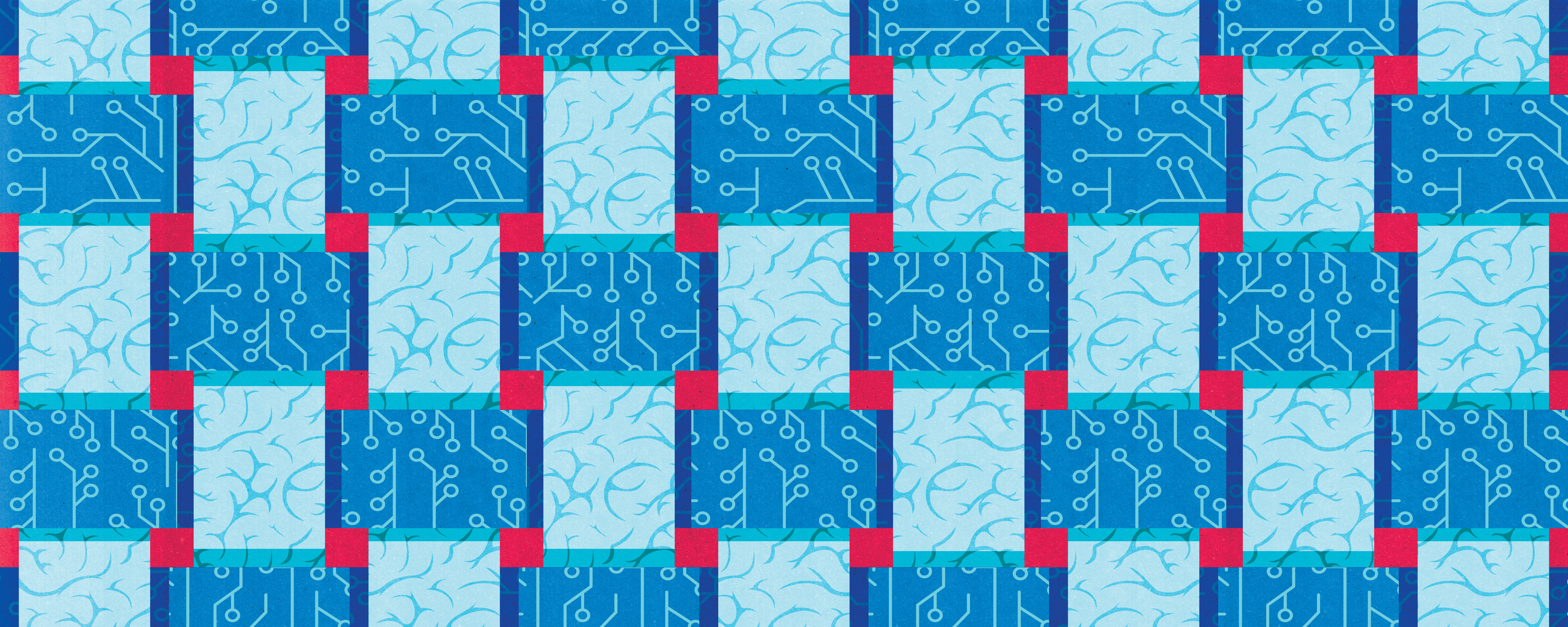By: Jon Farrow
15 Apr, 2019

CIFAR, CNRS and UKRI to provide a total of CAD$400,000 to convene international, interdisciplinary and multi-sectoral working groups on responsible AI
CIFAR, in partnership with the the French National Centre for Scientific Research (CNRS) and UK Research and Innovation (UKRI), has launched a series of international AI & Society research workshops to examine the economic, ethical, policy and legal implications of Artificial Intelligence (AI) on society.
As AI technologies become more integrated into daily life through digital assistants and self-driving vehicles, their responsible and ethical development is a pressing concern. The new workshops, set to take place from June 2019 to June 2020 across Canada, France and the UK, will build on international collaborations and bring together perspectives from the social sciences, humanities, law, engineering and computer science as well as policy, business and civil society. The interdisciplinary groups will explore how AI will impact different populations and sectors.
Administered and managed by CIFAR with support from CNRS and UKRI, the workshops explore the global implications of AI on a range of topics – from future conflicts in the Arctic and societal trust in AI systems to how AI may impact the practice of medicine. Each workshop will also produce a non-technical publication with insights for policy-makers in the public and private sectors as well as the public. The eight workshops were carefully selected after a three-month adjudication process. Each workshop will receive up to CAD$50,000 for a total combined commitment of CAD$400,000 from all three organizations for this joint call.
“The strength of these workshops is their interdisciplinary, international and cross-sectoral perspectives” says Dr. Alan Bernstein, President & CEO at CIFAR. “AI is being adopted around the world. It’s critical that we develop new ways to understand what the implications are across populations, sectors and disciplines. CIFAR is thrilled to partner with France and the UK to advance understanding on AI in society.”
This new initiative is the second stream of workshops realized through CIFAR’s AI & Society program, which was launched in 2017. The AI & Society program is a key pillar of the CIFAR Pan-Canadian AI Strategy, a $125 million investment from the Government of Canada with the goal of supporting Canada’s leadership in machine learning research and training.
For Antoine Petit, Chairman and CEO of the CNRS, “it is essential to strive to analyse and better understand the potential ethical, social, legal or economic repercussions of artificial intelligence. The CNRS is happy to join forces with the CIFAR and UKRI to contribute to the reflection around these issues.”
“The potential of artificial intelligence is reaching all areas of society and business, so it is crucial that we give due consideration to the social and ethical implications of their greater use,” says UK Research and Innovation Chief Executive, Professor Sir Mark Walport. “The workshops announced today, in partnership with CIFAR and CNRS, will make an important contribution to exploring the impact of artificial intelligence, and generate insights that will inform policy, business and the public.”
The full list of workshops and proposal teams is available here.
Media contacts
CIFAR:
Jon Farrow – [email protected]
CNRS:
Priscilla Dacher – [email protected]
UKRI:
Cristina Gallardo – [email protected]
Rachel Pells – [email protected]